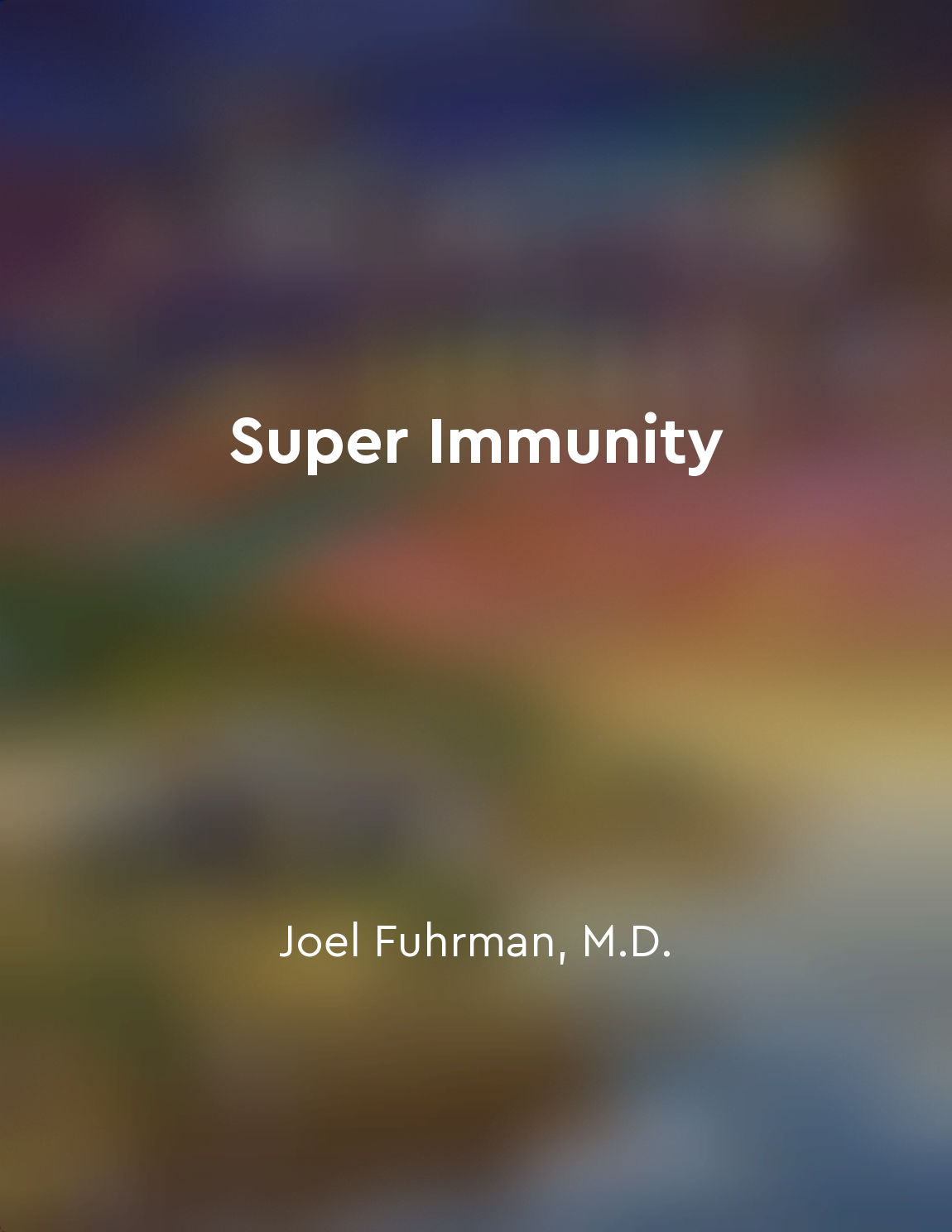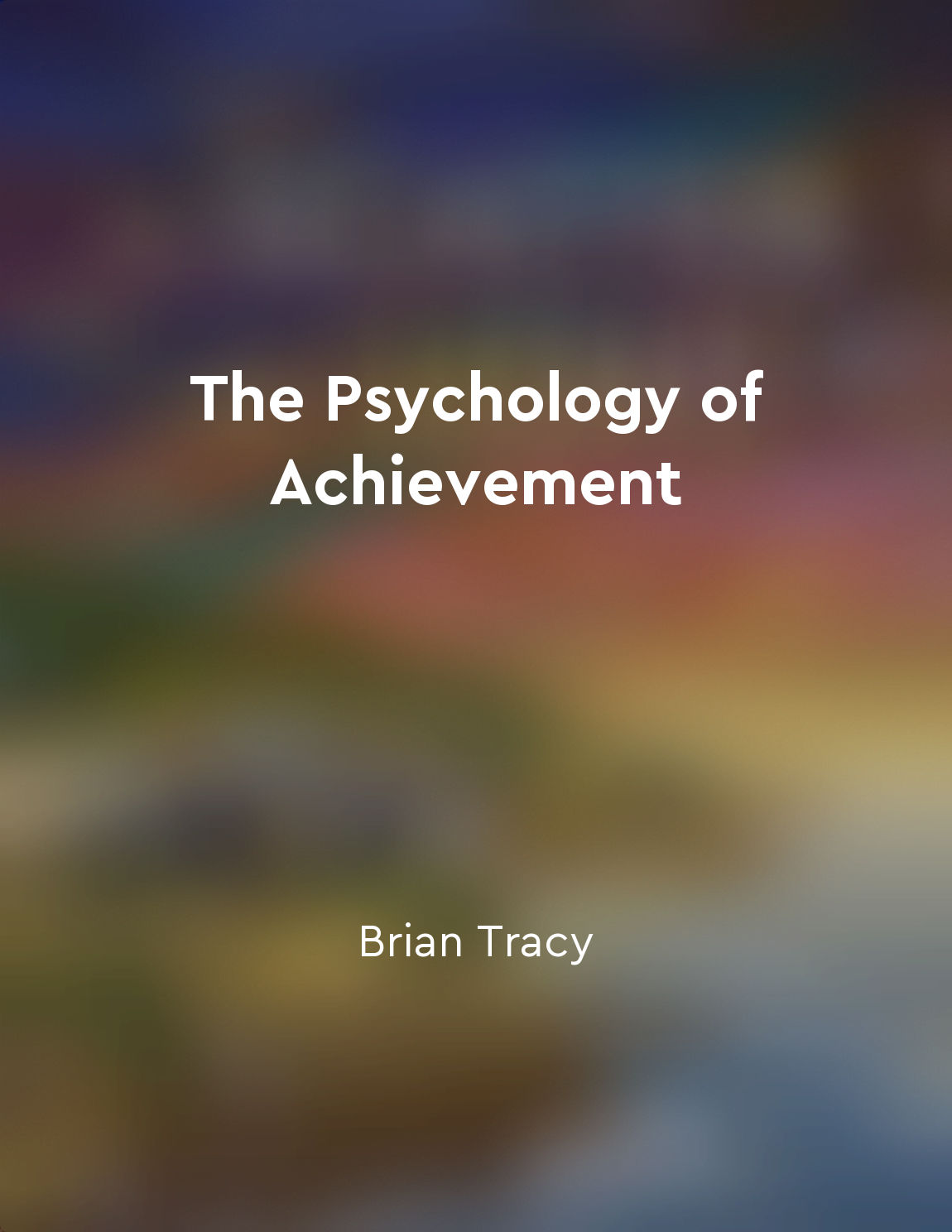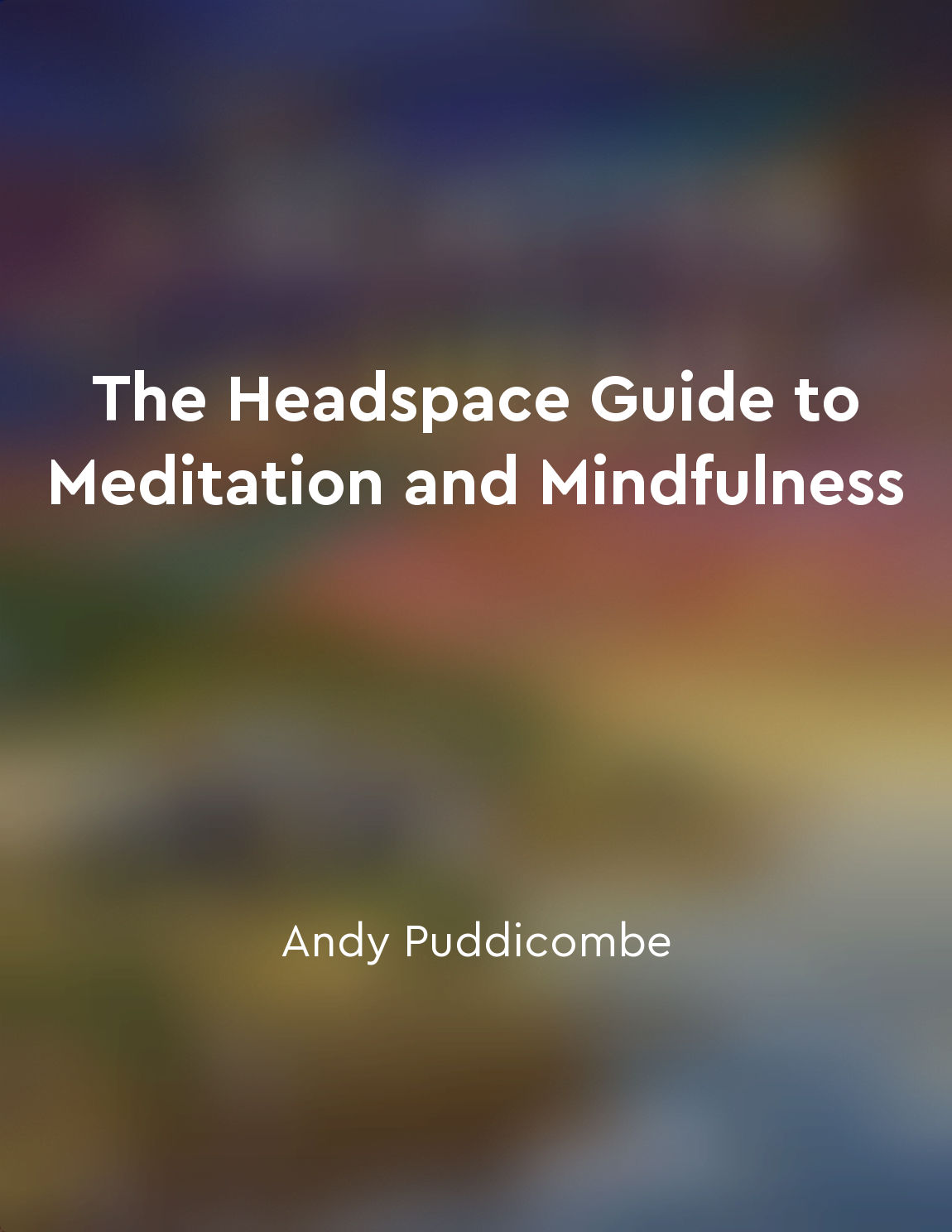The relaxation response can help combat the negative effects of stress from "summary" of The Relaxation Response by Herbert Benson,M.D.,Miriam Z. Klipper
When we experience stress, our bodies go into a state of fight or flight. This response is essential for dealing with perceived threats in the environment. However, in modern society, many of the stressors we face are not physical dangers but rather ongoing psychological and emotional pressures. As a result, our bodies can remain in a constant state of stress, leading to various negative effects on our physical and mental health. The relaxation response is a natural antidote to the stress response. It is a state of deep rest that can counteract the harmful effects of stress on the body and mind. By eliciting the relaxation response through techniques such as deep breathing, meditation, or progressive muscle relaxation, we can activate the body's natural healing mechanisms and bring about a sense of calm and well-being. One of the key benefits of the relaxation response is its ability to reduce the production of stress hormones such as cortisol and adrenaline. These hormones, which are released in response to stress, can have damaging effects on various bodily systems when present in excess. By promoting relaxation, we can lower the levels of these stress hormones and protect our bodies from the negative consequences of chronic stress. Furthermore, the relaxation response can help to lower blood pressure, improve digestion, boost the immune system, and enhance overall physical health. By inducing a state of relaxation, we can promote healing and rejuvenation at the cellular level, leading to improved well-being and resilience in the face of stress. In addition to its physical benefits, the relaxation response can also have a profound impact on our mental and emotional health. By calming the mind and reducing the symptoms of anxiety and depression, we can experience greater clarity, focus, and emotional stability. This can help us navigate challenging situations with greater ease and resilience, reducing the impact of stress on our mental health.- The relaxation response is a powerful tool for combating the negative effects of stress on both the body and mind. By incorporating relaxation techniques into our daily routine, we can promote a sense of balance, well-being, and resilience in the face of life's challenges.
Similar Posts
Mindfulness meditation can enhance focus and concentration
Mindfulness meditation is a powerful tool for training your mind to be more focused and attentive. By practicing mindfulness me...
Engage in creative activities to stimulate brain function
One way to keep your mind sharp is to participate in creative activities that challenge your brain. These activities can includ...

Brainhealthy foods include berries and leafy greens
When it comes to boosting brain health, certain foods have been shown to be particularly beneficial. Berries and leafy greens a...

Eat a variety of colorful fruits and vegetables
To achieve optimal health and boost your immune system, it is essential to include a wide range of colorful fruits and vegetabl...
Selfcompassion is essential for personal growth
Self-compassion is like a nurturing friend that we all need on our personal growth journey. It is the gentle voice that reminds...

Continuously improve yourself
The key to success in life is to continually improve yourself. This means constantly working to become better in every area of ...

Use mindfulness to enhance your relationships with others
When we talk about enhancing our relationships with others, we often think about what we can do or say to improve them. We migh...
Trust the healing process
Healing is a complex and often challenging process that requires patience and trust. It is natural to want to rush through the ...
Emotions are expressed through physical gestures
The body has a language of its own, a way of communicating that goes beyond words. Every movement, gesture, and posture conveys...
Selfmonitoring tools can track anxiety symptoms and triggers
Self-monitoring tools are a crucial component of cognitive therapy for anxiety disorders as they allow individuals to track the...

